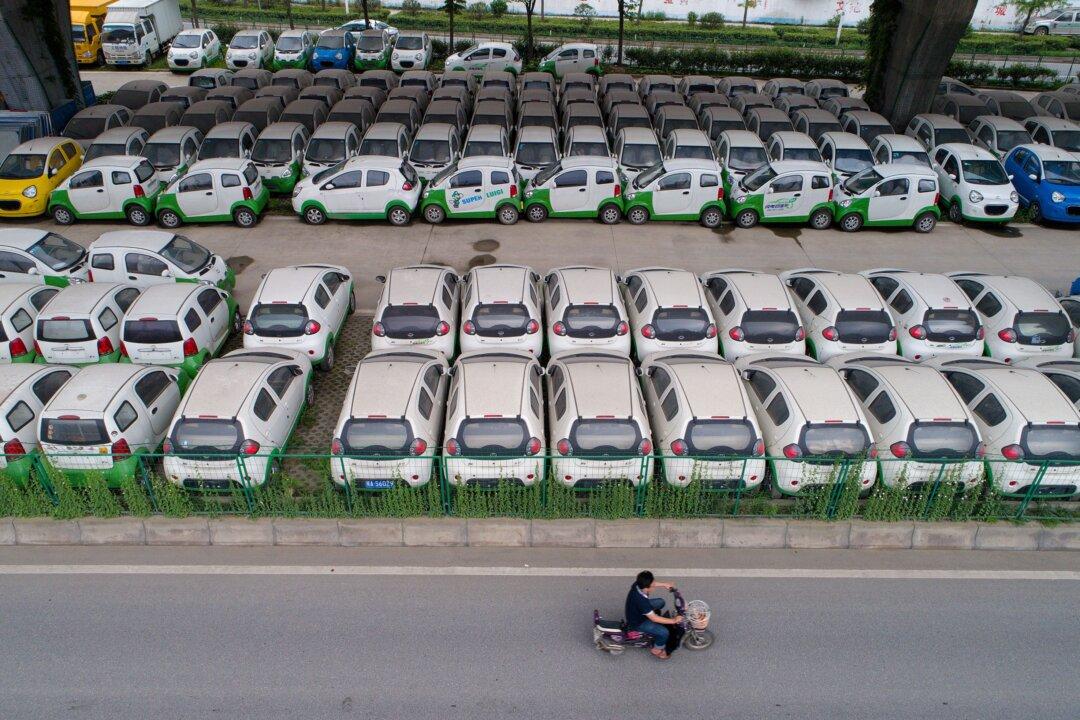In February, the Biden administration launched a probe into Chinese-made electric vehicles, citing national security threats in its “connected vehicles” technology. In March, the European Union moved closer to imposing tariffs on Chinese-made electric vehicles.
“These cars are connected to our phones, to navigation systems, to critical infrastructure, and to the companies that made them,” President Joe Biden said in a statement on Feb. 29.





